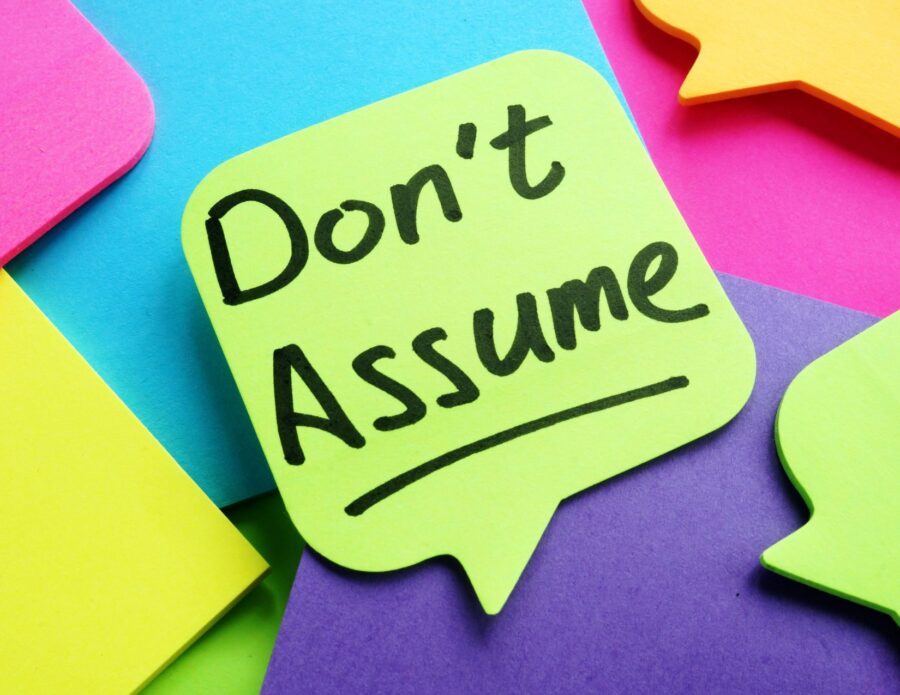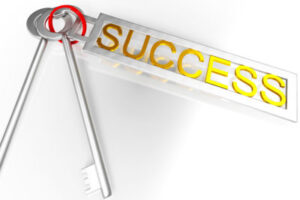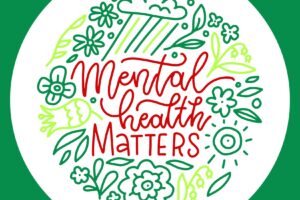In September, I created a blog post on assumptions. You can read it here. If you are one who makes a habit of assuming, this post is for you. Assumptions about people, situations, etc. often come from habits, biases, or limited information… the lens through which you view the world. If you are one who makes it a habit to assume, especially assumes negatively, you can work on catching yourself. It’s about shifting your mind and your thoughts towards curiosity and understanding instead. Here are some strategies:
- Notice your assumptions.
Notice when your mind starts filling in the blanks about someone’s intentions, abilities, or background. Pause and ask yourself: “Do I know this for certain, or am I assuming?”
- Replace judgment with curiosity.
Rather than making assumptions, invite understanding with gentle, open-ended questions like, “How do you see it?” or “What’s your experience?” Focus on listening to learn, not just to reply.
- Recognize your own bias and stereotypes.
Take the time to become aware of cultural, social, or personal biases that might shape how you see people and situations. Notice when your mind starts filling in the blanks about someone’s intentions, abilities, or background. Pause and ask yourself: “Do I know this for certain, or am I assuming?” Remind yourself that one person does not represent the whole group.
- Practice empathy.
Imagine the other person’s perspective, and try to understand. Don’t presume you know it. Ask clarifying questions like, “It sounds like you’re saying…” and let them clarify.
- Give people space to show you who they are.
Take time to notice both their actions and their words over a period of time, rather than forming a quick judgment in the moment. Patterns often reveal more than a single interaction, and giving space for consistency to show helps you understand someone more fairly and accurately.
- Slow down.
Assumptions often come from jumping to conclusions too quickly. When you pause before reacting, you create space to reflect, ask questions, and approach the situation with curiosity rather than judgment. This small shift can lead to clearer understanding, stronger relationships, and more thoughtful responses.
- Keep learning.
Seek out a variety of perspectives—through books, conversations, and diverse cultures—to widen your understanding of human experiences. The more you engage with different voices and stories, the easier it becomes to challenge your own assumptions, build empathy, and appreciate the richness of perspectives beyond your own.
Remember, a helpful mindset shift: assumptions close doors, questions open them.



